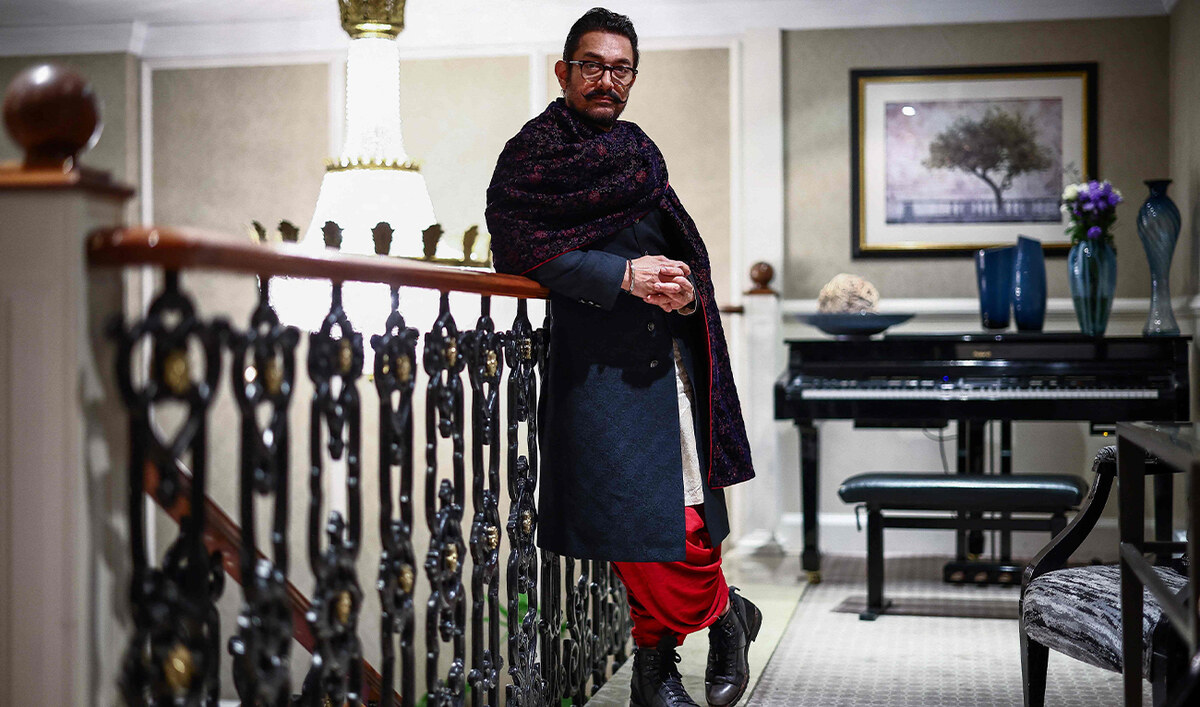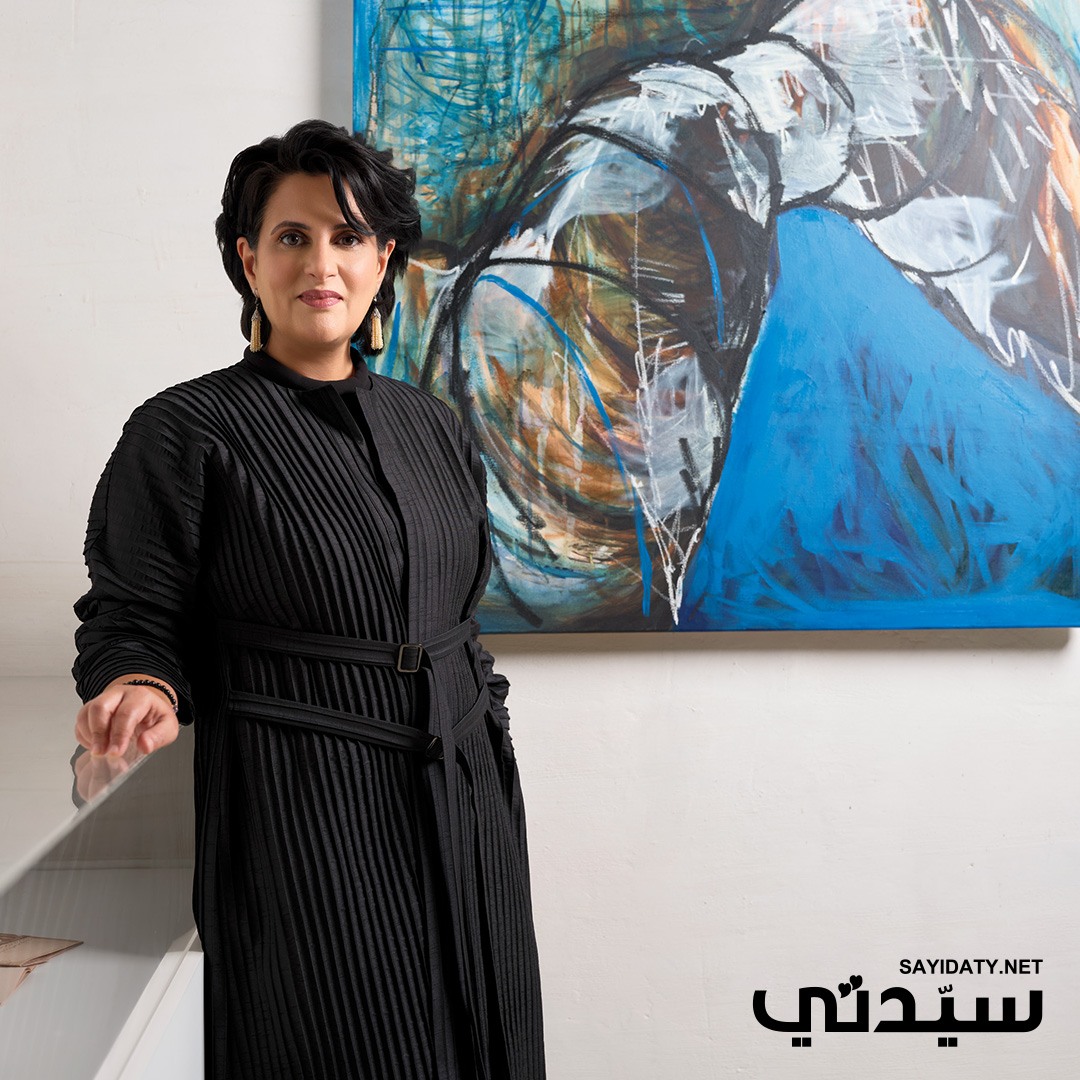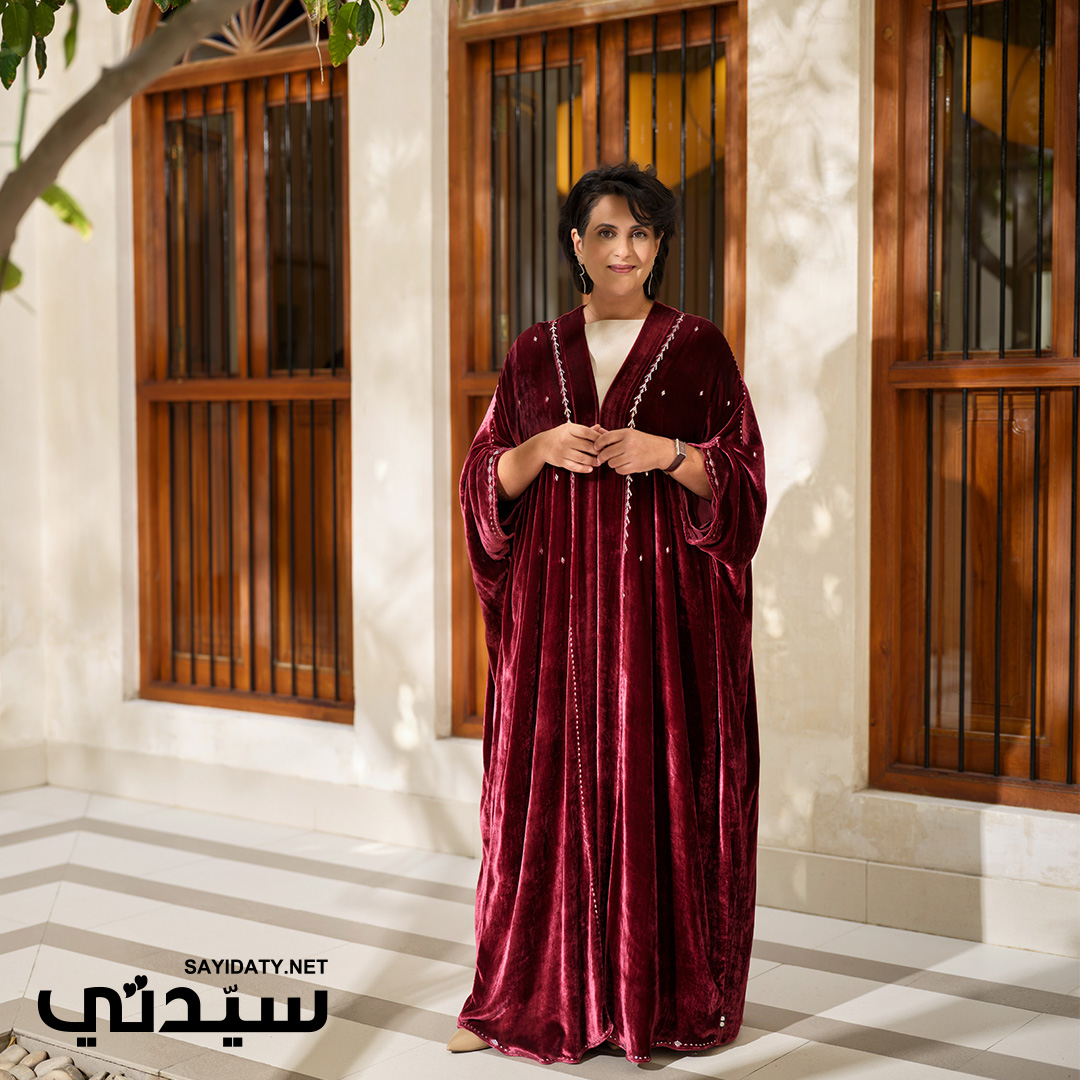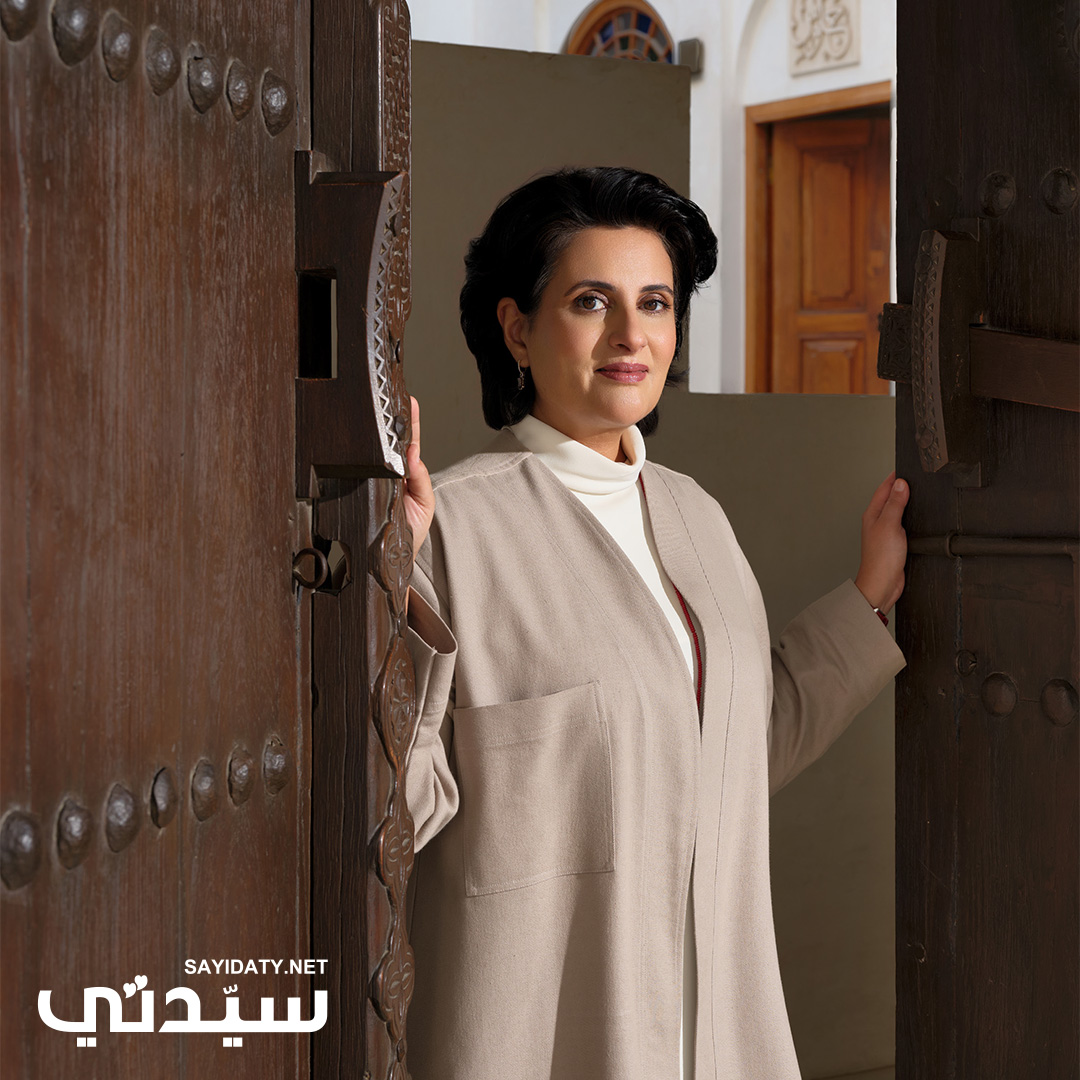DUBAI: Lebanese producer Mazen Laham’s Different Productions celebrated its 10th anniversary this month. The company is one of the driving forces of the television industry in the region, responsible for the creation of acclaimed shows including Netflix’s “Dubai Bling,” and “It’s OK” — a docuseries about the Lebanese pop superstar Elissa — as well as Arabic adaptations of popular franchises “Shark Tank,” “Say Yes to the Dress,” and “Chopped.”
Laham told Arab News that shooting for the third season of “Dubai Bling” has already concluded, adding that it is “even bigger than the two previous seasons.” He confirmed that Emirati-Egyptian TV host Mahira Abdeaziz and Iraqi influencer Jwana Karim will be joining the cast, which already includes Zeina Khoury, Safa and Fahad Siddiqui, DJ Bliss, Danya Mohammed, Kris and Brianna Fade, Mona Kattan Al-Amin, Hassan Al-Amin, Loujain Adada, Ebraheem Al-Samadi, and Farhana Bodi.
The previous two seasons both ranked in the global top 10 for non-English series on Netflix. “I believe in numbers,” Laham said. “It was (popular) globally. What I will say is that season three is a very big season.”
While they suspected the show would be popular, Laham admitted that he and his team were not expecting it to get quite so big. “What we were aiming for is to have a good show but we never thought that it will be this successful,” he said.
The show may be popular, but it has also attracted plenty of criticism online for its depiction of life in Dubai. Laham, though, seems unperturbed.
“We never said that this is Dubai. From day one, we said it is about a group of friends living in Dubai,” he said. “It is not a documentary about the city. We are not saying ‘This is Dubai and this is life in Dubai,’ we only focused on a group of friends living in Dubai.”
Discussing his company’s various Arabic-language adaptations of international shows, Laham said that they try to preserve the original concept of the show while ensuring they cater to the cultural sensitivities and preferences of the region.
“Before getting the shows, we make sure that they fit our culture — anything that, culturally, does not pass, we do not even get it in the first place,” he said. “But, whenever we see something that could be adapted, yes, we (try to) get the rights for it. The most important thing is to keep the structure and the main spirit of the format the same.”
Laham believes there are now two distinct audiences for shows: those for traditional television networks and those for streaming services such as Netflix, Shahid, Starzplay.
“What is on TV does not work on a platform and vice versa, because the new generation want something fast — they want something will keep them hooked. So, it’s very challenging to make content for them,” he said.
What Laham believes works best are docuseries such as “Dubai Bling” and “It’s OK.”
“These are non-scripted, but they are serialized; they’re sticky,” he explained. “You want to keep on watching to follow the stories and this is when you binge watch. On TV channels, you still get to see classical standalone episodes.”
Laham said Different Productions is currently working on an original reality competition show for Starzplay called “Unstoppable.”
“It’s a football-based reality show where children between the ages of 16 and 18 compete. There will be one winner, and the winner will hopefully play for one of the big Italian teams,” he said.
Laham described the Saudi Arabia market as “promising,” not only due to the growing number of original productions but also because “the infrastructure, whether it’s Neom or AlUla,” is drawing in creatives from around the world. “I think it’s going to the biggest media hub out there very soon,” he added.
“We care a lot about the viewership in Saudi Arabia because it’s the biggest market,” Laham said. “So we always look into the ratings — even if it’s not a pure Saudi show, we want our shows to be watched in Saudi Arabia.”

























